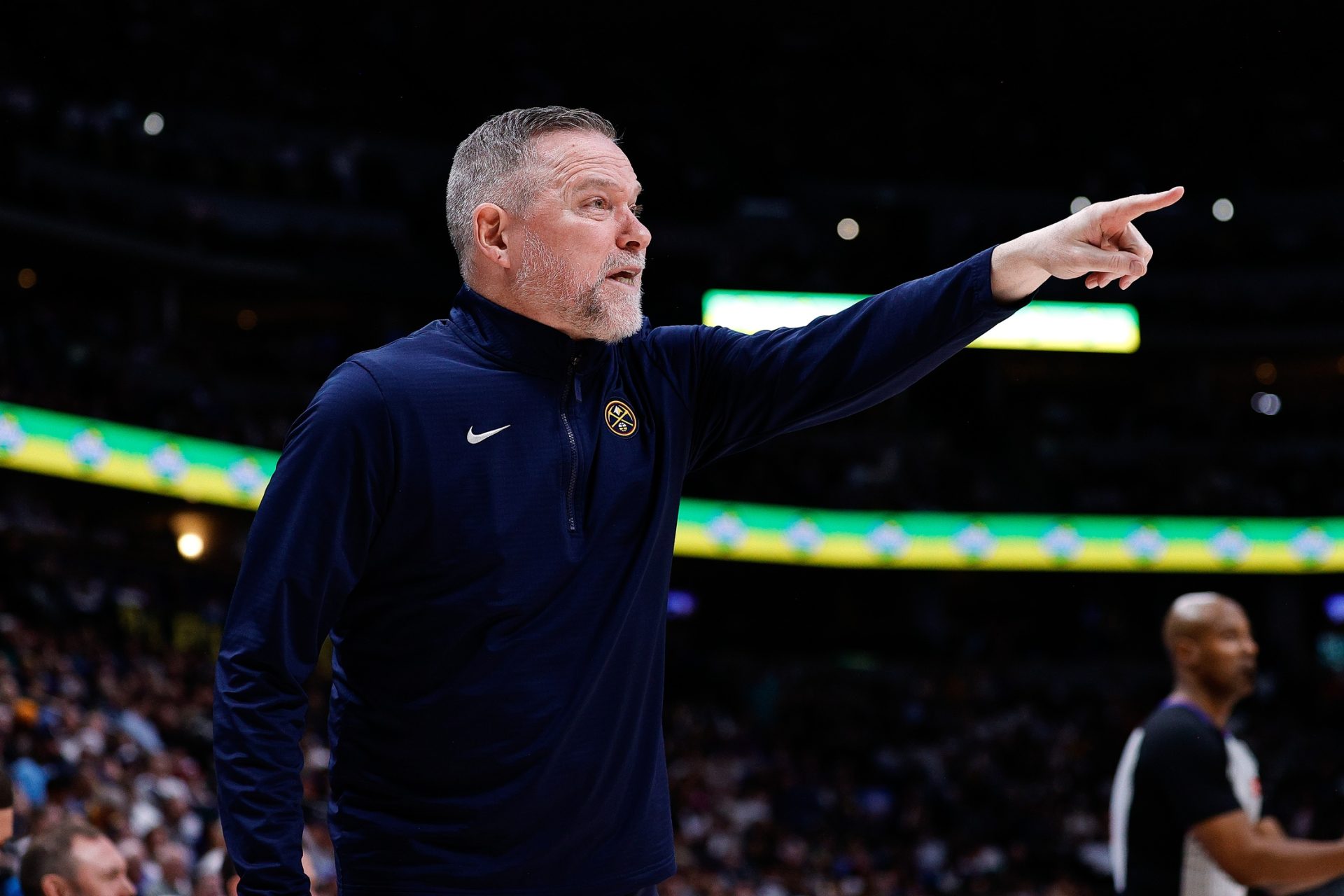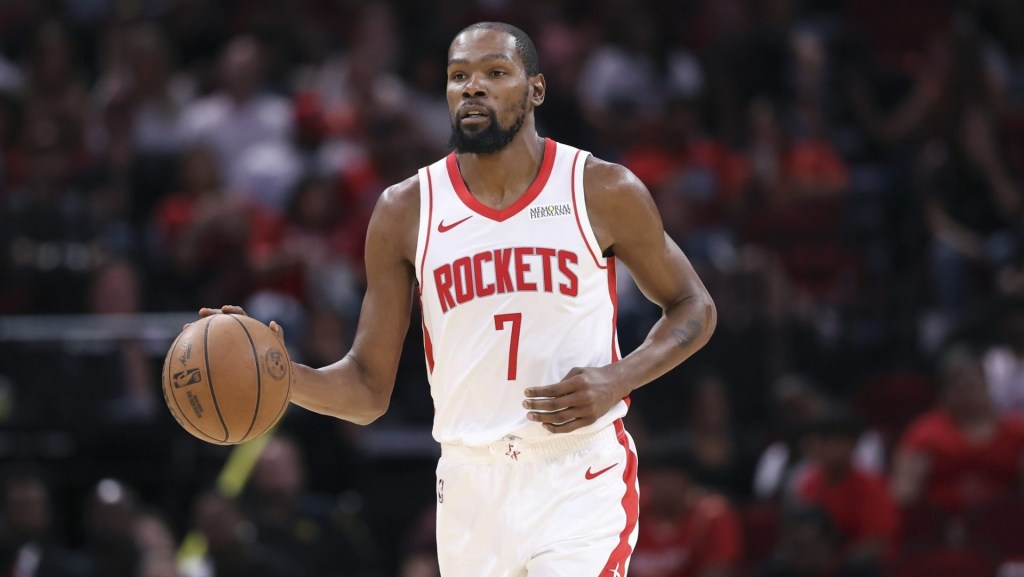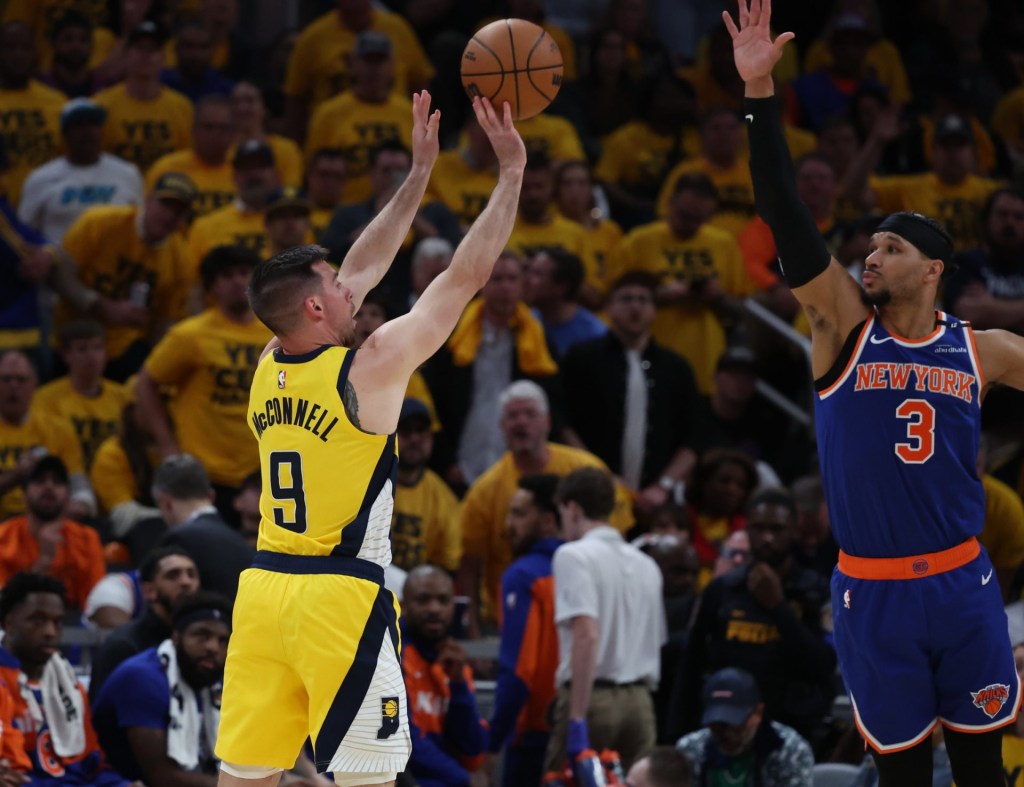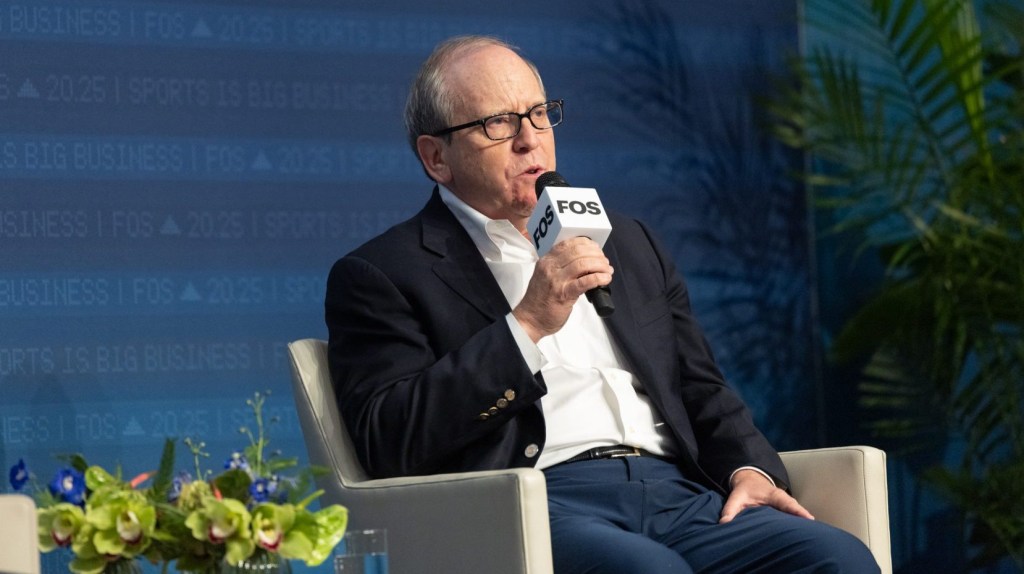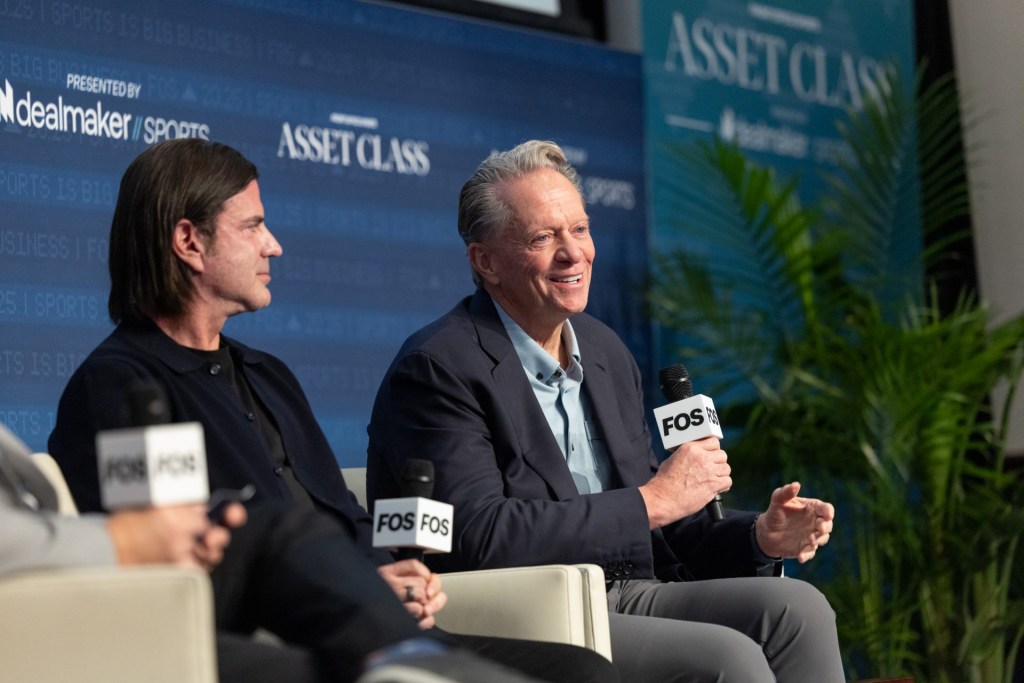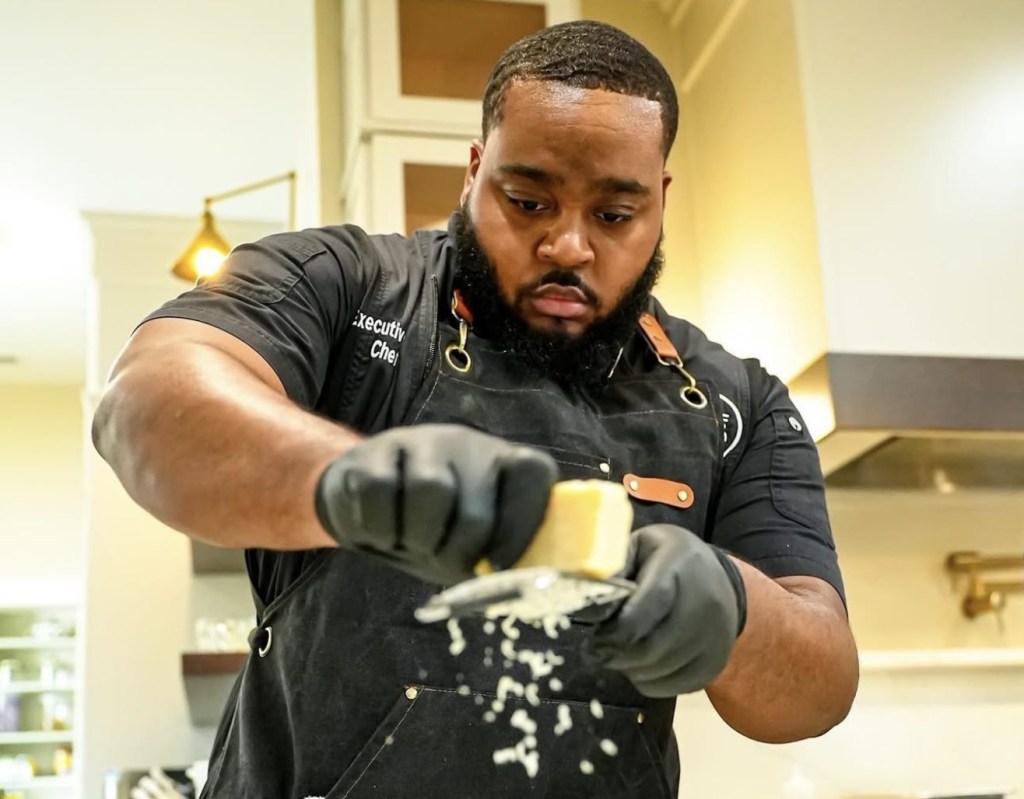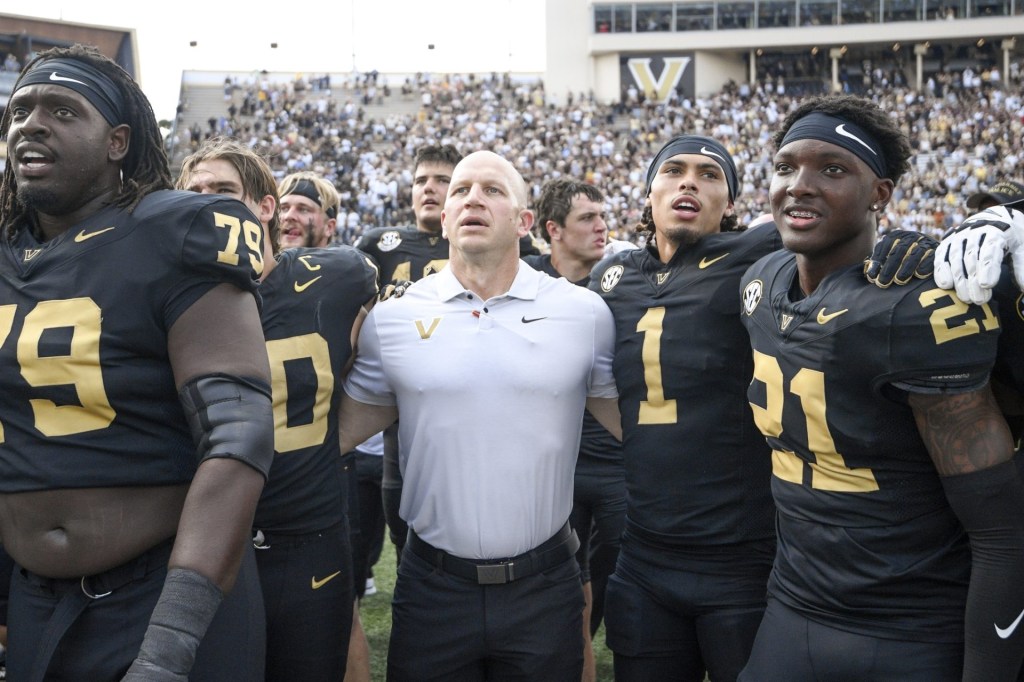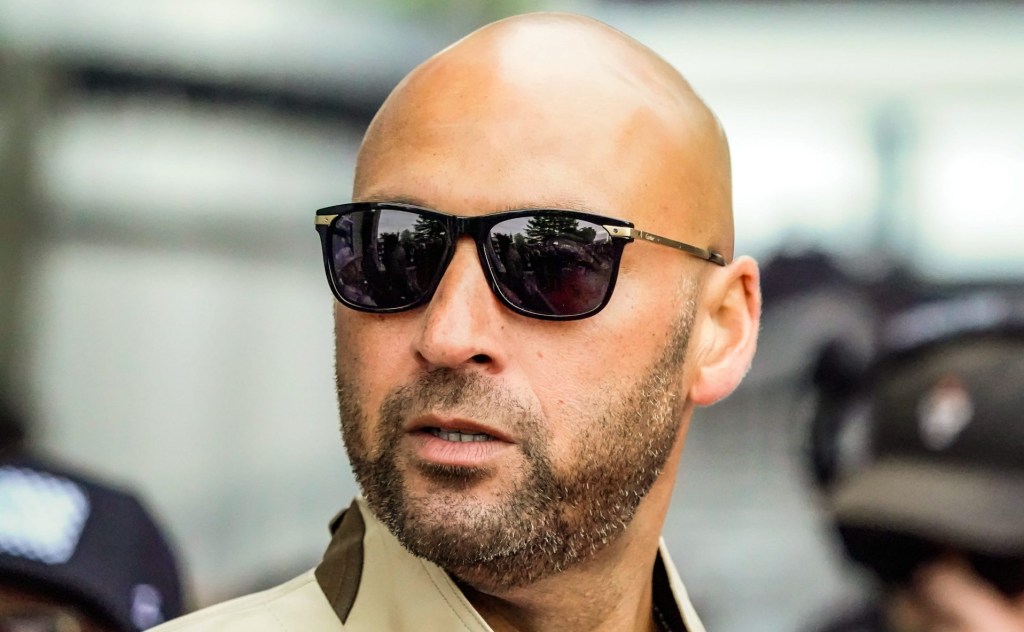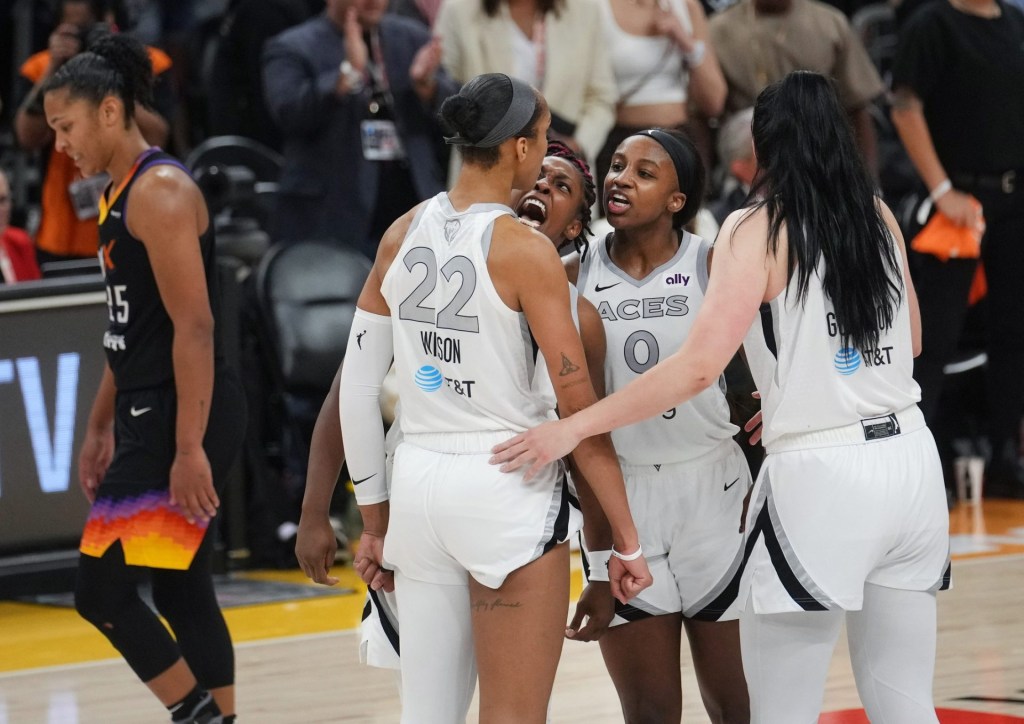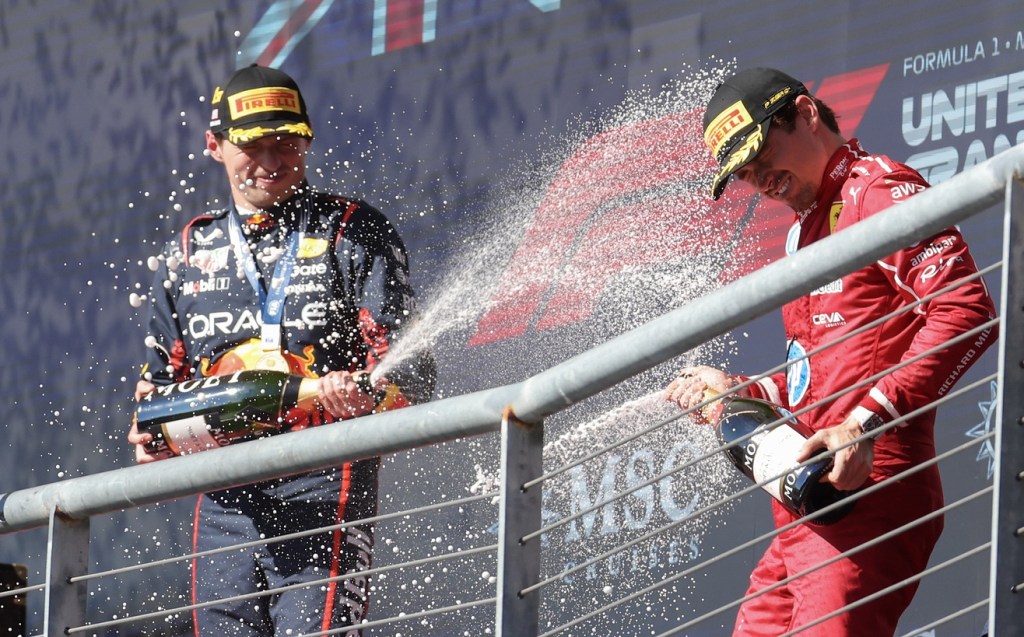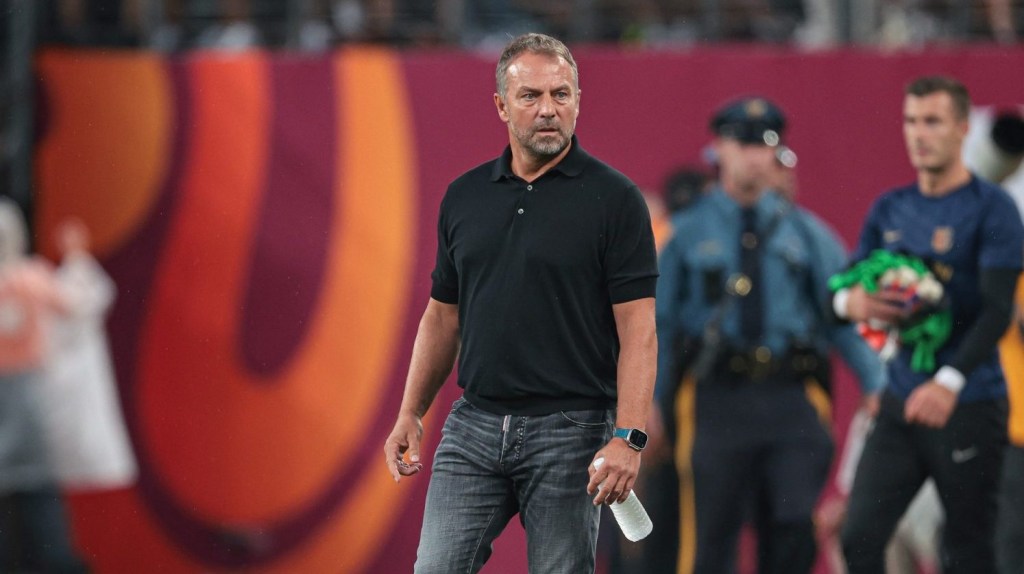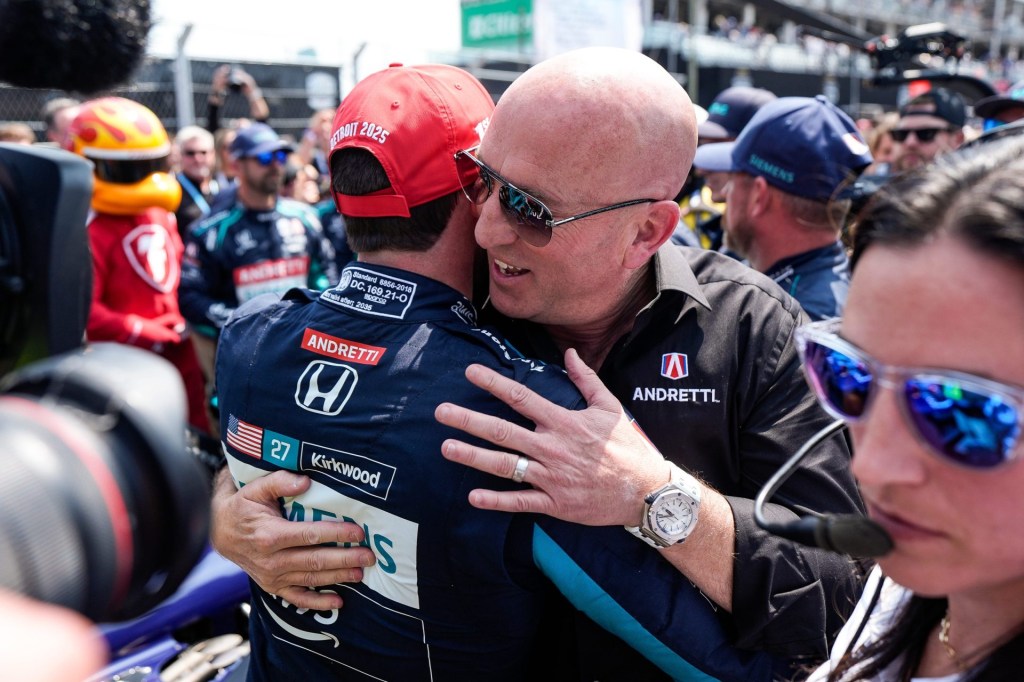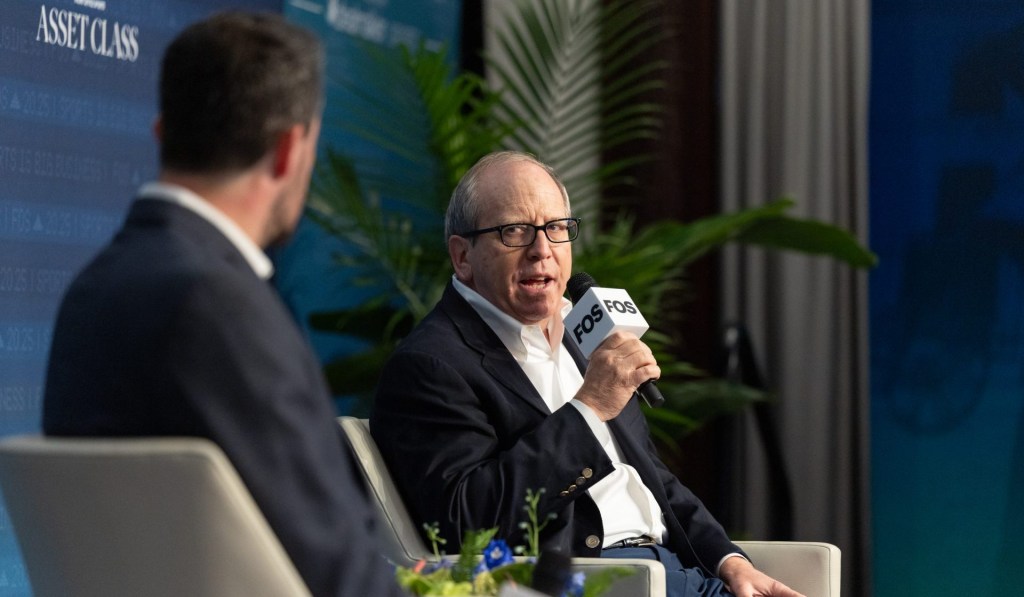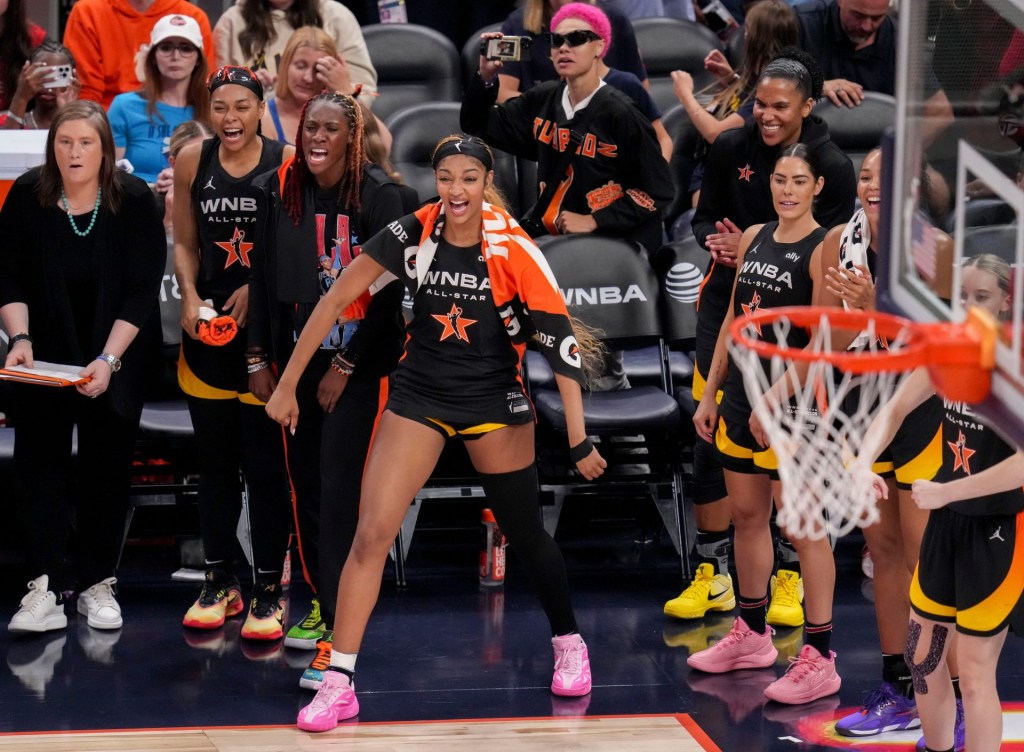NBA head coaches don’t have much job security. Only three current coaches have been with their team for more than five seasons, so it’s not exactly a surprise when several coaches are let go each year.
However, the firing of former Grizzlies coach Taylor Jenkins and Nuggets coach Michael Malone over the past two weeks shocked the NBA, in part due to their historical success but mostly because of timing.
Jenkins was fired with about two weeks left in the season. Malone was let go with less than a week remaining—tying Hubie Brown, who was fired by the Hawks during the 1980–1981 season, for the latest point in a campaign that a coach has been fired, according to ESPN senior NBA insider Shams Charania.
Memphis and Denver are in similar positions: battling to avoid the play-in and directly qualify for the playoffs, but also underperforming compared to their performance in recent years. It’s unclear, however, whether the reasons for each team’s coaching change were related. But the abruptness of the firings begs for an explanation, especially because the Nuggets change also included not renewing the contract of general manager Calvin Booth.
The moves could be, in part, a result of the league’s complicated CBA and two-apron cap structure.
CBA Issues
Beginning in the 2023–2024 season, the NBA integrated a two-apron format into its salary cap structure. There is a first- and second-apron threshold above the league’s soft salary cap that comes with penalties restricting a team’s ability to make roster changes.
The first-apron penalties limit a team’s ability to execute trades or sign-and-trades, while the second apron comes with all the first-apron restrictions plus additional penalties like the ability to trade a first-round pick seven years in the future.
The Nuggets and Grizzlies are both in the crosshairs of the apron. Denver is projected to be a second-apron violator next year. The Grizzlies are first-apron violators but are due to reward Jaren Jackson Jr. with a five-year, $345 million supermax deal. That would lock the team to about $140 million in salary between Jackson, Ja Morant, and Desmond Bane by the 2026–2027 season.
Because of roster construction limitations, there is a distinct possibility that team owners are pointing at coaches and front offices as the easiest way to enact change.
The Celtics are projected to have a record $500 million payroll next year, and team governor Wyc Grousbeck said last month, following the team’s $6.1 billion sale, that Boston is just as concerned about the apron restrictions as they are about paying the bill.
“It’s not just the luxury tax bill, it’s the basketball penalties,” Grousbeck said Friday on The Greg Hill Show. He then pointed out the importance of Brad Stevens, the team’s GM and former coach, in maneuvering through the restrictions.
“It’s even more of a premium now to have your basketball president be brilliant and lucky. Because you have to navigate, because you can’t stay in the second apron. Nobody will,” Grousbeck said.
